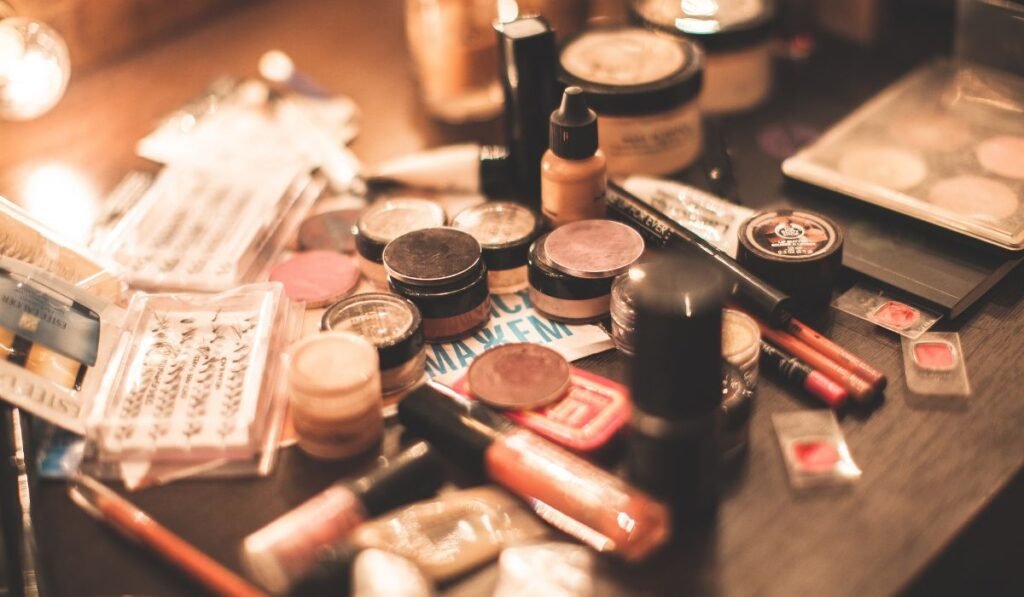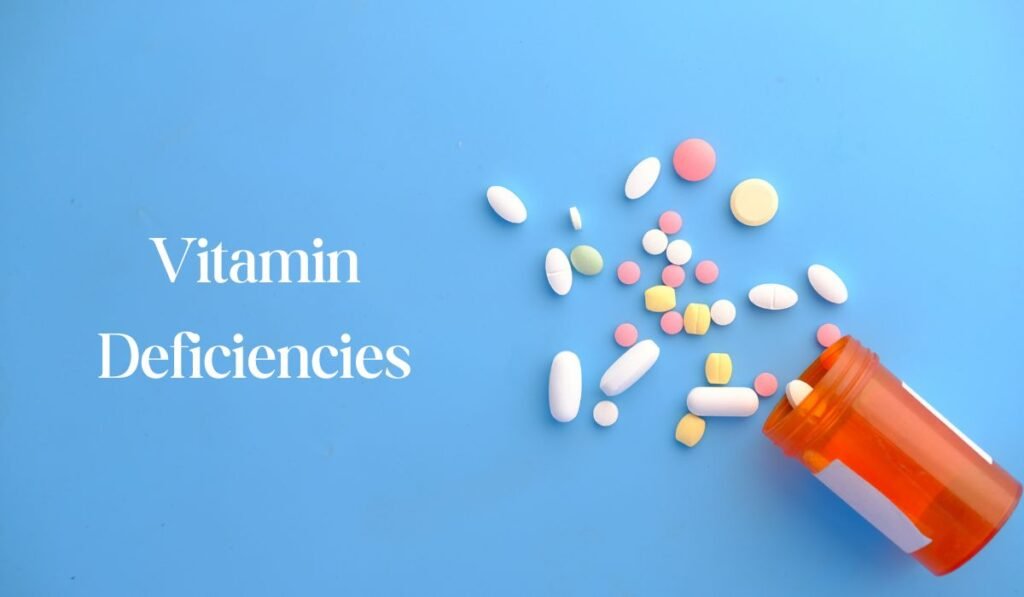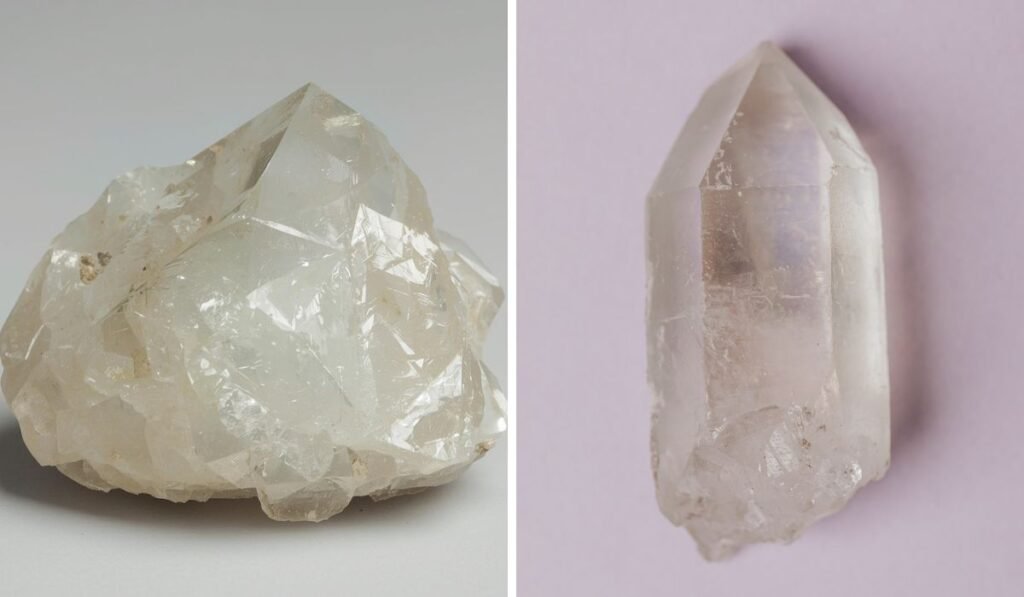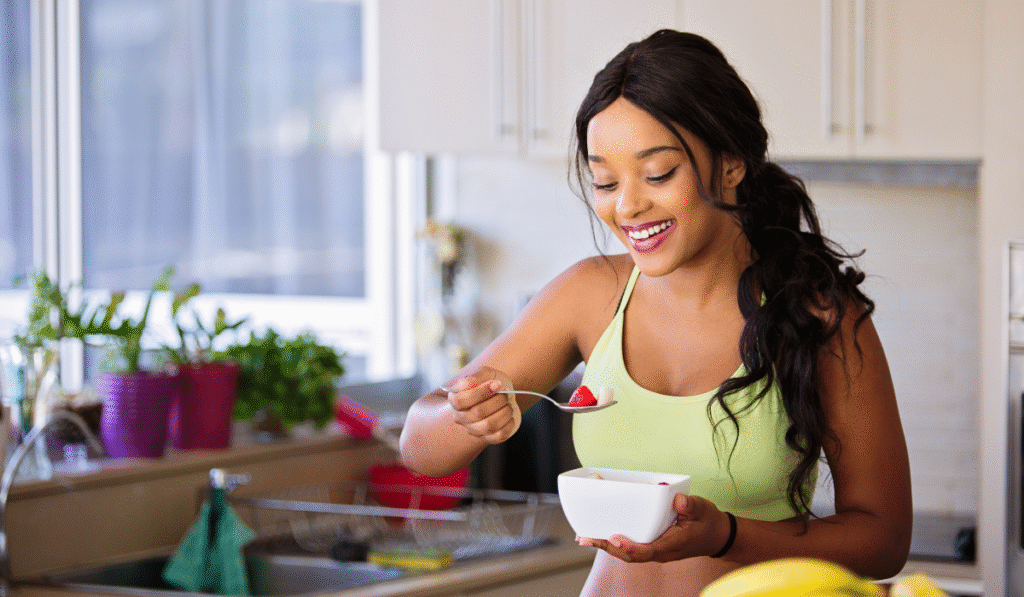You ever looked at your bathroom shelf and thought — wow, that’s a small museum right there? Intimate wash, deodorant, nail polish, hair removal cream, compact powder, a dozen “health” drinks… all promising to make life easier, cleaner, fresher.
But here’s a tiny inconvenient truth: half of these “natural” personal care products aren’t really natural at all.
Don’t worry, I’m not here to guilt-trip you. I’ve been there — used that “paraben-free” shampoo, believed that “ayurvedic” tag, and still ended up with irritated skin once (okay, maybe twice). So let’s break it down — product by product — and uncover what’s really inside those glossy bottles that say “gentle on skin.”
💧 1. Intimate Wash for Women — When “Fresh” Isn’t Always Friendly
Let’s start with the most sensitive topic — literally. Intimate washes are marketed as the modern woman’s hygiene essential. But here’s the truth bomb: most vaginal infections aren’t because you didn’t use an intimate wash, but because you used one.
According to gynecologists, products with fragrance, alcohol, and lactic acid imbalance can disrupt your body’s natural pH (normally between 3.8–4.5). That disruption welcomes bacteria like it’s throwing a house party.
What’s better? 👉 Warm water. Clean hands. Cotton underwear. If you still prefer something formulated — look for dermatologically tested washes with plant-based surfactants, no artificial fragrance, and a pH label on the pack.
🩺 Fun fact: The vaginal area cleans itself. Yep, evolution took care of that long before marketing teams did.
View this post on Instagram
🪒 2. Hair Removal Creams for Women — Smooth Today, Sensitivity Tomorrow
Let’s be real: shaving is effort, waxing is pain, and hair removal creams? Well, they’re marketed as “the painless miracle.”
But ever wondered what makes them dissolve hair in minutes? Thioglycolic acid and calcium hydroxide — powerful chemicals that break down keratin (the same protein that protects your skin).
So while you’re admiring that smooth finish, your skin barrier might be silently screaming.
🌿 Better swap: Try epilators or sugaring wax if you can handle mild discomfort. For creams, choose those with aloe vera, shea butter, and no artificial perfume. Your skin will thank you in the long run.
💅 3. Nail Polish — Pretty Nails, Ugly Truth
Who doesn’t love that glossy pop of coral or nude? But beneath that shine often hides what experts call the “Toxic Trio”:
- Formaldehyde (causes allergies and respiratory irritation)
- Toluene (linked to nervous system damage)
- Dibutyl phthalate (DBP) (a known endocrine disruptor)
Shocking, right? Even more so when you realize these can enter your bloodstream through nail beds.
💚 Look for 5-free or 10-free polishes that skip these toxins. Brands like Disguise, Kiro, or Plum in India are leading this cleaner beauty shift. But don’t fall for any specific brand, check the ingredients always.
☕ 4. “Healthy” Drinks and Powders — Not All That Glitters Is Protein
Raise your hand if you’ve tried Horlicks Women’s Plus or some “bone-strength” drink your mom swears by. Now here’s the reality check: many of these “health” drinks are loaded with artificial sweeteners, maltodextrin, and stabilizers that nullify the “health” part.
Most Indian women’s diets already cover basic calcium and iron needs — what’s often missing is real nutrition from natural sources like ragi, sesame seeds, or soaked almonds.
💡 Instead of flavored powders, make a DIY herbal tonic with shatavari, dates, and saffron. Bonus: no added sugar, no guilt. If you still need sugar try sugar alternatives.
🌸 5. Deodorant for Women — Fragrance vs. Freedom
If your deo promises “24-hour freshness,” that’s code for aluminum salts + synthetic fragrance doing overtime. These clog sweat glands and sometimes interfere with lymphatic detox (the body’s natural cooling system).
But here’s the silver lining — natural deodorants have come a long way. Coconut oil, baking soda, and essential oils can control odor without blocking sweat.
🧴 Indian brands like Bare Necessities and Arata make great roll-ons that actually smell better after a few hours because they blend with your natural scent. Again, don’t fall for brands, always check the ingredients used.
🌿 6. Pads & Period Products — The Hidden Cost of Convenience
You’ve probably read this before, but it’s worth repeating: regular pads contain up to 90% plastic and sometimes even traces of dioxin (a byproduct of chlorine bleaching). That’s bad for the planet and for you.
In India alone, we generate 12 billion pads every year, most ending up in landfills. Switching to organic cotton pads, menstrual cups, or cloth pads might take getting used to, but they save money and reduce chemical exposure drastically.
🌍 And hey, they’re way more sustainable than what’s currently clogging up waste systems.
💄 7. Compact Powders — The Makeup Trap You Never Noticed
That flawless matte finish? Often achieved using talc mixed with mineral oils and synthetic colors. Some even contain nano-particles that can enter pores and cause acne over time.
Instead, pick mineral-based compacts with natural mica or cornstarch. They may not stay 12 hours, but hey, your skin will breathe. And trust me — that glow from healthy skin always outshines any powder.
💬 FAQs
Q1. Are natural personal care products for women really safer?
Mostly yes — but check the label. “Natural” doesn’t always mean chemical-free. Look for minimal ingredients and avoid parabens, phthalates, and synthetic fragrance.
Q2. How to transition to natural deodorants without smelling bad?
Detox your underarms for a week (skip deo, exfoliate, hydrate). Then start with mild essential oil–based roll-ons.
Q3. What’s the best natural intimate wash for women?
Choose one with tea tree, aloe, or witch hazel, maintaining pH around 4.5. Or simply — warm water is enough!
Q4. Can we make DIY natural beauty products at home?
Totally! Coconut oil + baking soda works as a scrub. Multani mitti + rose water makes a natural compact alternative.
❤️ Conclusion: Let’s Redefine “Natural”
Here’s the truth: “Natural” is not a label. It’s a lifestyle.
It’s about reading the ingredients before believing the packaging. It’s about small swaps — not overnight revolutions.
Start with one product. Replace it. See how your skin, mood, and confidence feel after a week.
Because when women take care of themselves honestly, not chemically — that’s when beauty becomes sustainable.
Nikita Palesha is a wellness advocate and eco-conscious writer who shares simple, sustainable tips for everyday living. She’s passionate about mindful choices that support a healthier planet and a balanced lifestyle.




